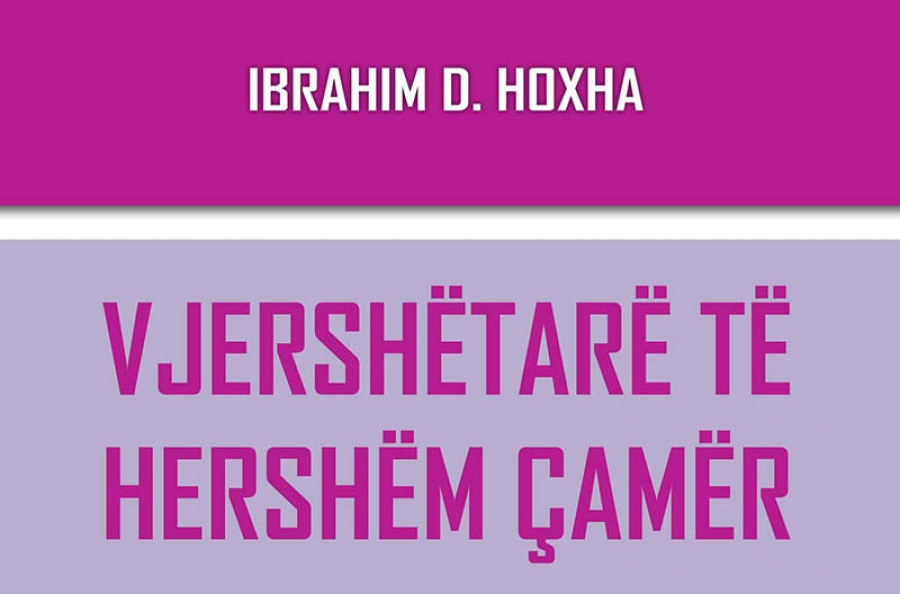Author: Zahra Al Zeera
Nr. p: 252
ISBN: 978-9928-126-27-6
The Albanian Institute of Islamic Thought and Civilization, in collaboration with the Center for Advanced Studies (CNS) and the support of the International Institute of Islamic Thought (IIIT), bring to the Albanian reader another study book, part of a column on contemporary scientific developments. of Islamic culture. It is about the book entitled “Integrity and Holiness in Education, an Islamic Perspective”, by Zahra Al Zeera. This book is a further contribution to the vital work of the ‘Islamization of knowledge’, which continues the tradition of reviving a genuine worldview perspective based on the affirmation of God’s Oneness. Seeking unity, harmony and balance, the Islamic perspective does not adopt analytical and synthetic modes of thought as contradictory styles, but as complementary capacities.
According to the author, the challenge for Muslim educators is to follow the broad educational principles and methods derived from the Islamic paradigm. The idea for this book came to fruition in 1989, when the author prepared her doctoral thesis. This book is about the methods of acquiring knowledge and transforming from teaching to learning. The universe, unity, harmony and equilibrium are important concepts in the development of Islamic programs and educational systems that help develop understanding, tolerance and integrity.
The first chapter deals with the personal experiences and the intellectual and spiritual journey of the author himself. The second chapter presents the spiritual from the perspective of a woman. The production of Islamic knowledge is an important issue in this book. Reflecting on personal experience offers researchers an immediate, real and original course of knowledge that has long been neglected and downplayed by positivists. The author says: “In the realization of this book, I understood the conflict between the intellectual and spiritual sides of my being and perceived the conflict between East and West within me and my society.”
Regardless of the profession that everyone possesses in science, technology, psychology or astronomy, when we begin to analyze theories in those areas from an Islamic perspective, the spiritual and the sacred are naturally and deeply penetrated. The purpose of the book is to encourage Muslims to reflect on their personal experiences, to find the golden thread in their lives, to recognize and utilize it in their personal and professional lives. Acceptance of the sacred within everyone, making it part of everyday life.

